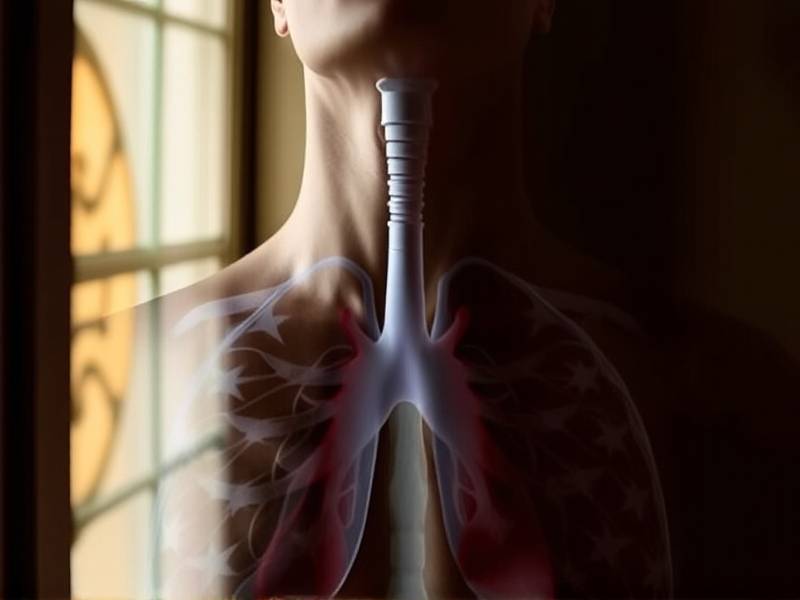What Causes Shortness of Breath After Quitting Smoking?
Unveiling the Mystery: What Causes Shortness of Breath After Quitting Smoking?
Introduction: Quitting smoking is a significant step towards a healthier lifestyle. However, many individuals experience shortness of breath after quitting. This article delves into the causes behind this common symptom, providing valuable insights for those looking to understand and overcome this challenge.
-
The Impact of Smoking on Lungs: Smoking damages the lungs, leading to reduced lung capacity and impaired breathing. When you quit smoking, your body begins the healing process, but it may take time for your lungs to recover fully. This recovery period can cause shortness of breath.

-
Carbon Monoxide Levels: Smoking introduces carbon monoxide into your bloodstream, which binds to hemoglobin more readily than oxygen. This reduces the oxygen-carrying capacity of your blood, leading to a feeling of breathlessness. As you quit smoking, carbon monoxide levels decrease, allowing more oxygen to reach your body's tissues and potentially causing shortness of breath.
-
Nicotine Withdrawal: Nicotine is a stimulant that affects the respiratory system by constricting blood vessels and relaxing smooth muscle in the airways. Quitting smoking can lead to nicotine withdrawal symptoms, including increased respiratory rate and shallow breathing, contributing to shortness of breath.
-
Coughing and Bronchitis: Quitting smoking often triggers coughing as your body attempts to clear out accumulated mucus and tar from the lungs. This coughing can make breathing more difficult and contribute to shortness of breath.
-
Anxiety and Stress: The act of quitting smoking can be stressful for many individuals, leading to increased anxiety levels. Anxiety can cause rapid breathing or hyperventilation, resulting in shortness of breath.

-
Exercise Intolerance: Smoking reduces lung capacity and exercise tolerance over time. When you quit smoking, you may notice an improvement in lung function but may initially struggle with physical activities that require increased oxygen intake.
-
Other Health Conditions: Certain health conditions such as asthma or chronic obstructive pulmonary disease (COPD) can exacerbate shortness of breath after quitting smoking if they were already present before quitting.
Conclusion: Shortness of breath after quitting smoking is a common symptom experienced by many individuals during their journey towards a smoke-free life. Understanding its causes helps in managing this challenge effectively. It's important to consult with healthcare professionals if you experience persistent or severe shortness of breath after quitting smoking, ensuring that any underlying health conditions are addressed promptly.
Remember, quitting smoking is a significant step towards better health. By addressing the causes behind shortness of breath after quitting, you'll be one step closer to achieving long-term success in your smoke-free lifestyle!
